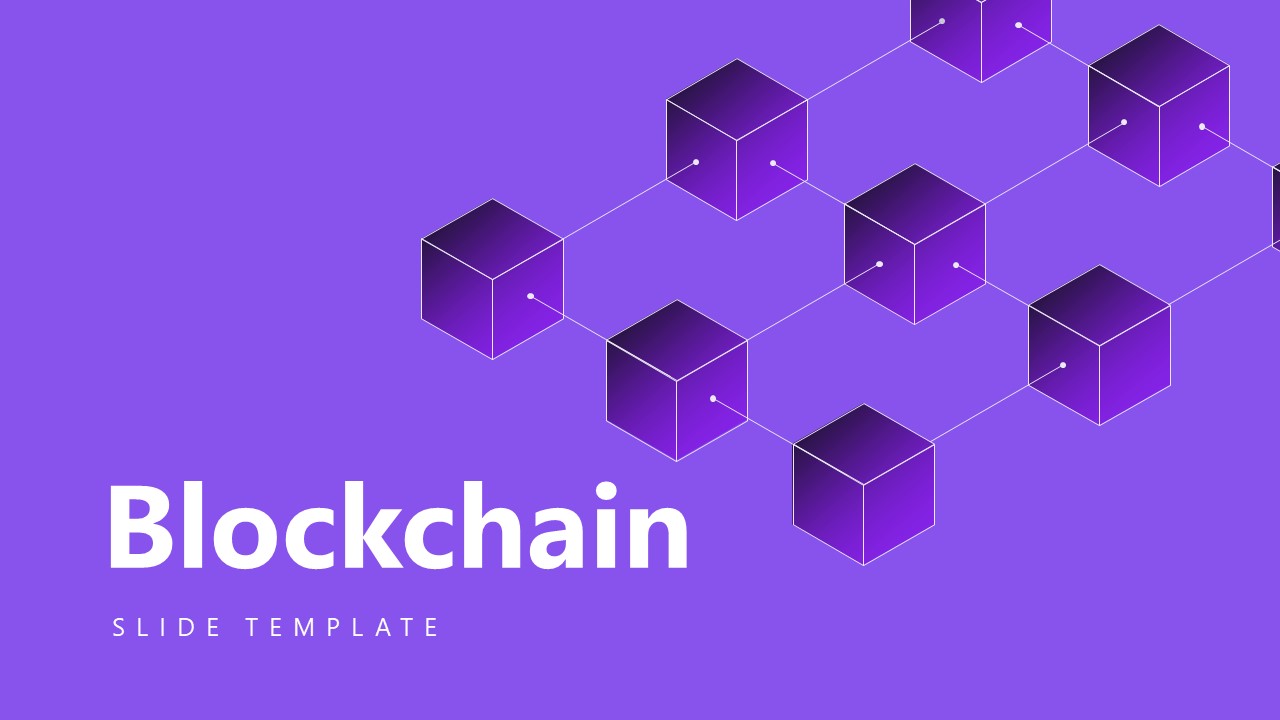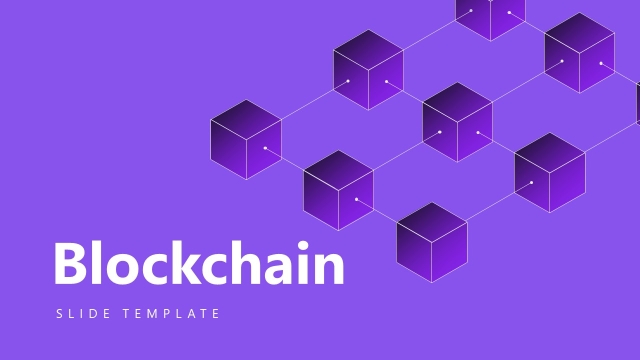
In recent years, the world has witnessed a seismic shift in how we perceive and interact with digital information. At the heart of this transformation lies blockchain technology, a revolutionary framework that promises to change the way we establish trust and verify transactions in the digital landscape. Its decentralized nature allows for transparent and secure record-keeping, eliminating the need for intermediaries and fostering a new era of accountability.
As we delve deeper into the implications of blockchain, it becomes clear that its potential extends far beyond cryptocurrency. From supply chain management to voting systems, the versatility of blockchain technology is reshaping industries and empowering individuals. By unlocking the possibilities of this innovative technology, we are not only enhancing security but also paving the way for a more inclusive and efficient digital future.
Understanding Blockchain Technology
Blockchain technology is a decentralized digital ledger system that records transactions across multiple computers. This structure ensures that the recorded data cannot be altered retroactively without the consensus of the network, providing a secure and transparent way to track assets. Each block contains a list of transactions, a timestamp, and a cryptographic hash of the previous block, forming a chain that is nearly impossible to break.
The core principle of blockchain lies in its ability to facilitate trust without the need for intermediaries like banks or brokers. This is achieved through a consensus mechanism, which allows all participants in the network to agree on the validity of transactions. The transparency of the system enables anyone to verify the data, contributing to a sense of accountability and reducing the likelihood of fraud.
Applications of blockchain technology extend far beyond cryptocurrencies. Industries such as supply chain management, healthcare, and finance are exploring its potential to enhance efficiency and security. By utilizing smart contracts, which are self-executing agreements with the terms directly written into code, businesses can streamline processes and reduce operational costs, ultimately reshaping how we interact within a digital landscape.
Applications of Blockchain in Various Industries
Blockchain technology has found diverse applications across multiple industries, transforming the way businesses operate. In the financial sector, for example, blockchain enhances security and transparency in transactions. By enabling real-time settlements and reducing the need for intermediaries, financial institutions can offer faster and more cost-effective services. Additionally, the use of smart contracts automates and enforces agreements, minimizing the risk of fraud while ensuring compliance with regulatory standards.
The supply chain industry is another area significantly impacted by blockchain. By providing a decentralized ledger, all participants in the supply chain can access real-time data about products at each stage, from production to delivery. This visibility reduces the risk of errors and fraud, improves traceability, and increases efficiency. Companies can quickly identify and rectify issues, ensuring that products reach consumers reliably and authentically.
In healthcare, blockchain technology improves data sharing and security. Patient records can be securely stored on a blockchain, allowing authorized personnel to access up-to-date information while maintaining privacy. This enhances coordination among healthcare providers and facilitates better patient outcomes. Moreover, blockchain can be utilized to combat counterfeit drugs by providing a transparent history of medication production and distribution, ensuring that patients receive legitimate products.
The Future of Trust in a Blockchain-Driven World
Funded Evaluation
As we move further into the digital age, the concept of trust is being redefined through blockchain technology. This decentralized approach allows transactions to occur without the need for intermediaries, which traditionally served as gatekeepers of trust. By enabling peer-to-peer interactions and providing transparent records, blockchain reduces the risk of fraud and manipulation. This shift not only empowers individuals but also strengthens the foundations of trust across various sectors, including finance, healthcare, and supply chain management.
The implications of a blockchain-driven world extend beyond mere trust in transactions. Organizations can create more resilient systems by adopting this technology, which promotes accountability and transparency. For instance, the ability to trace products through a supply chain can significantly enhance consumer confidence. Additionally, the immutable nature of blockchain records means that once data is entered, it cannot be altered, further solidifying trust among stakeholders who rely on accurate information. This feature is particularly valuable in industries where authenticity and provenance are paramount.
Looking ahead, as businesses and consumers increasingly adopt blockchain solutions, the landscape of trust will continue to evolve. The technology has the potential to democratize trust-building by allowing communities to participate actively in verification processes. Ultimately, a blockchain-driven future could lead to a more equitable society, where individuals have greater control over their data and digital identities. As this transformation unfolds, the promise of an enhanced trust environment will reshape not only our interactions but also the very fabric of our digital lives.





